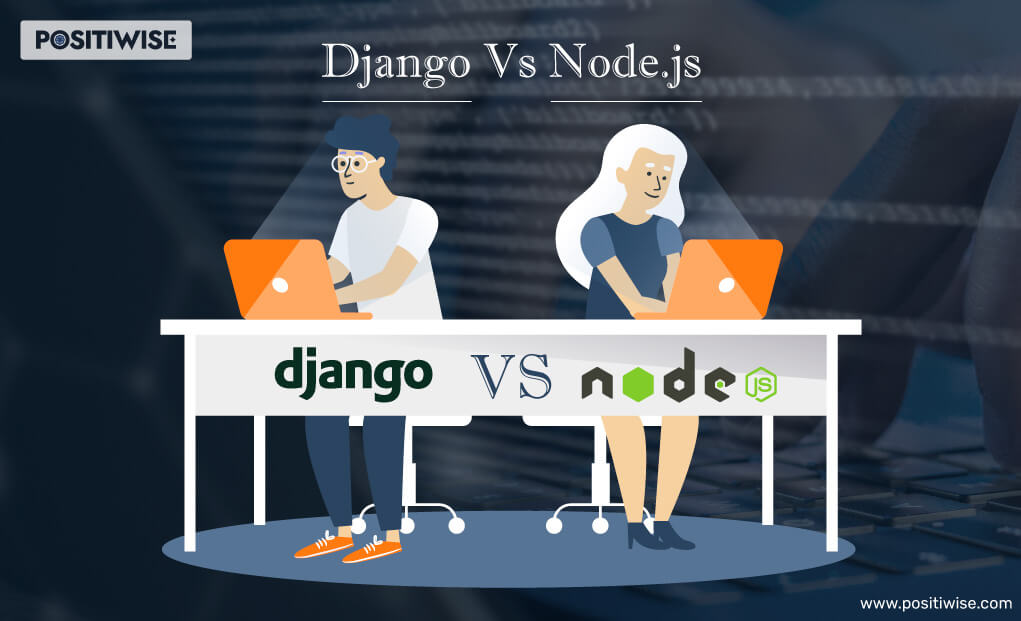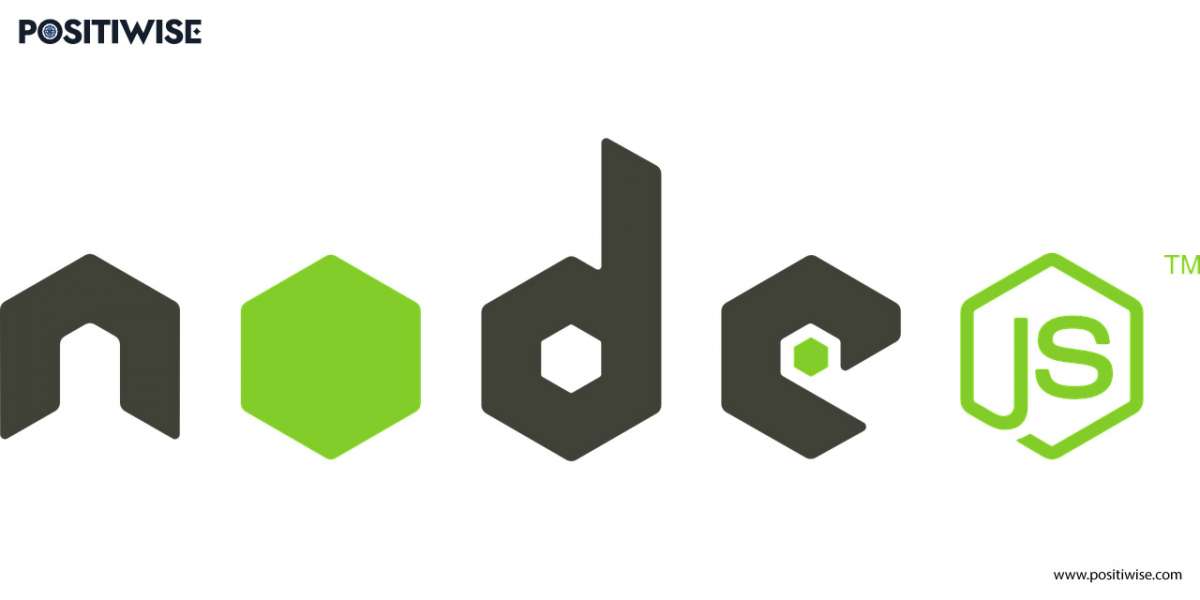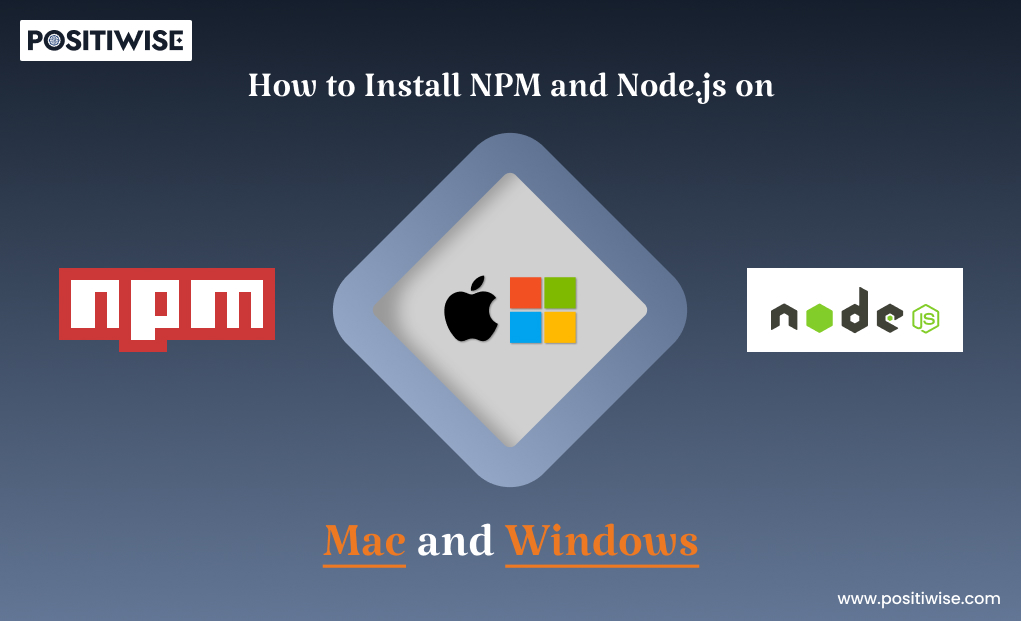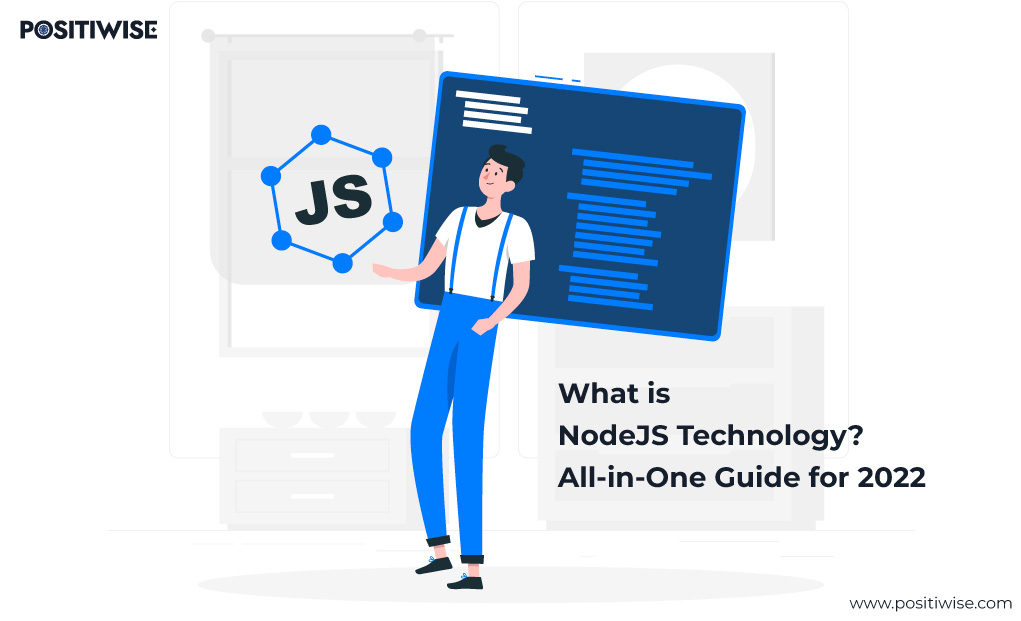Quick Overview:
Choosing the right backend framework is critical when developing robust and high-performing web applications. In this competitive landscape, two prominent contenders, Django and Node.js, consistently capture attention, drawing on their unique attributes and passionate developer communities.
To make an informed decision while choosing between these two backend technologies as your framework, it’s essential to evaluate their respective characteristics, performance, and suitability for your specific project requirements.
This article will thoroughly compare Django vs Node.js performance, analyzing their benchmarks to ascertain which one excels in architecture, speed, syntax, scalability, extensibility, libraries, universality, learning curve, community support, application domains, etc. By meticulously examining these aspects and evaluating their respective advantages and disadvantages, you will acquire valuable insights that will steer you toward selecting the best-performing backend framework for your development journey.
What is Django?
Django is an open-source web framework written in Python. As a high-level Python framework, it aims to facilitate fast-paced development while promoting organized and practical architecture. Originally developed by Adrian Holovaty and Simon Willison in 2003, Django was released under the BSD license to enable users to build powerful web apps with little code through its design principles of getting things done with minimal fuss.
Some key features of Django include an ORM for data access and interactions, a template engine, form and client validation, and an integrated administration site generator. The Django ORM allows writing database queries directly in Python without writing any SQL statements. The template engine allows separating HTML markup from programming logic. This helps developers focus on application logic and keeps HTML code readable and maintainable. Django’s forms and validation minimize scripts for data entry and cleaning. The user-friendly admin interface allows managing content easily.
Pros of Django Web Framework:
- Rapid development with built-in features like ORM, forms, authentication, etc.
- Clean, pragmatic, and powerful design that favors simplicity.
- Many large, high-traffic sites use the highly scalable architecture.
- Active community support and free-to-use with a liberal BSD license.
- Exhaustive documentation and tutorials for easy learning.
Cons of Django Web Framework:
- Steeper learning curve than some frameworks due to complexity.
- Strict philosophies and conventions limit flexibility at times.
- Large bundled dependencies can bloat project packages.
Most Popular companies using Django Web Framework:
- Dropbox
- Netflix
- The Washington Times
- GitHub
- Bitbucket
- YouTube
- Spotify
- Mozilla
- Disqus
- NASA
What is Node.js?
Node.js is a cross-platform, open-source JavaScript runtime environment that allows JavaScript to be used for more than just web browsers. Node.js enables JavaScript code to run on the server side. It is event-driven, non-blocking, asynchronous I/O runtime, making it lightweight and efficient, suitable for data-intensive real-time applications or bandwidth-intensive work.
Node.js employs asynchronous programming and non-blocking I/O calls, preventing the server from getting blocked and allowing the system to handle thousands of concurrent connections with very few resources. It uses an event loop to manage input/output operations in an asynchronous way, unlike the traditional blocking I/O model.
According to the W3Techs report, Node.js is used by over 2.4% of the web servers of almost every well-known website.
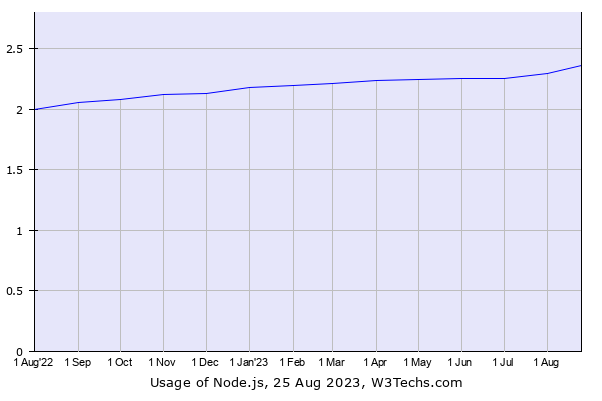
Pros of Node.js
- Fast and scalable for building web applications with real-time features due to its asynchronous single-threaded nature.
- Uses JavaScript for server-side and client-side applications, reducing development time and costs.
- Large ecosystem of third-party modules for common web development tasks via NPM registry.
- Ideal for building APIs and microservices architecture.
- Easy to scale applications horizontally on multiple servers for load balancing.
Cons of Node.js
- Uses JavaScript and some operations may not be as performant as other languages.
- Difficulties in debugging asynchronous behavior.
- Not suitable for CPU-intensive applications.
Popular companies using Node.js Web Framework
- Paypal
- Netflix
- Uber
- Microsoft
- eBay
- Salesforce
Real Statistics of Django and Node.js Backend Framework
Django Usage Statistics
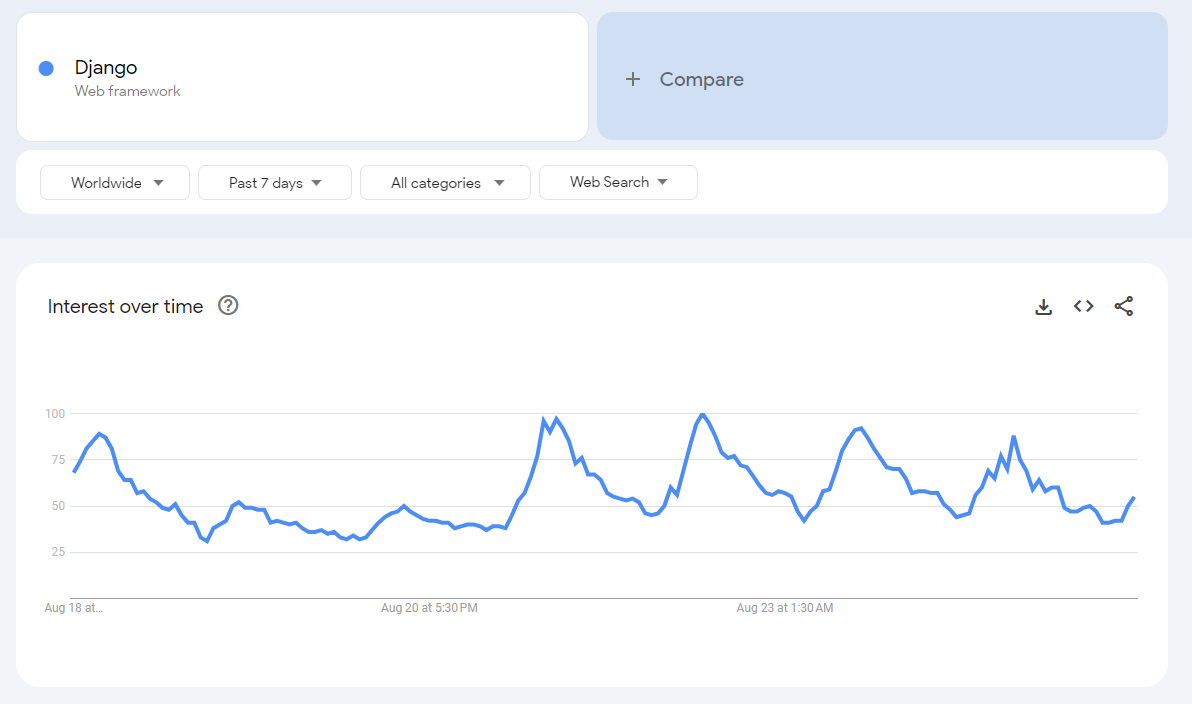
Node.js Usage Statistics
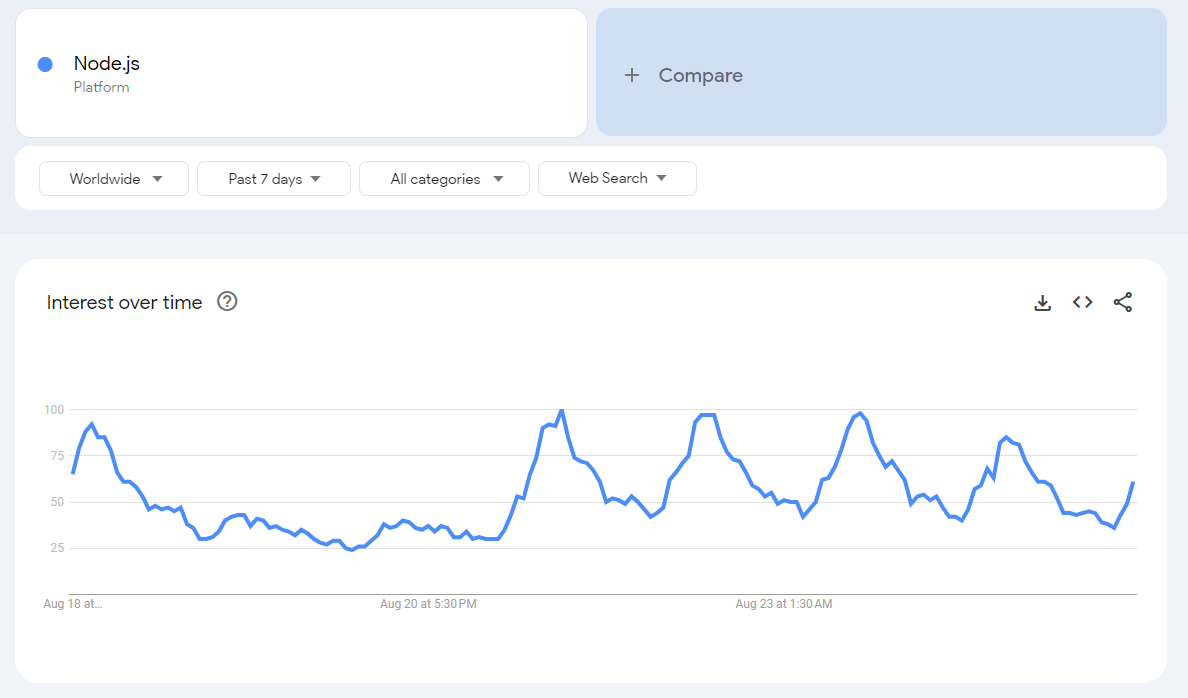
Popularity & Market Share of Django vs Node.js
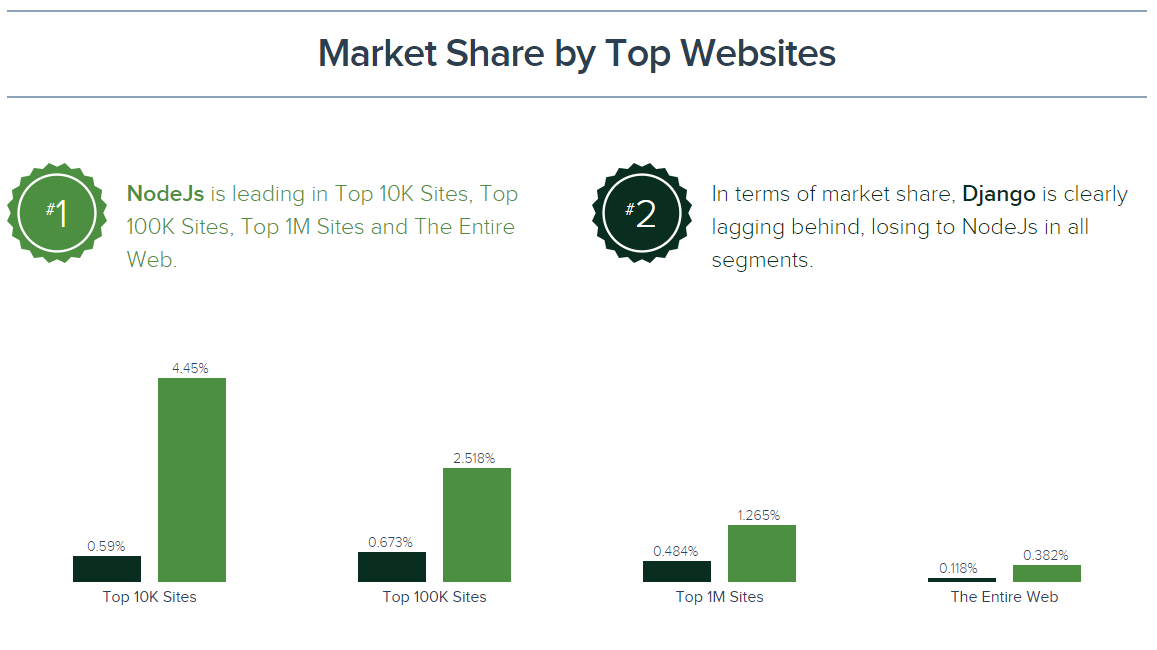
Django Vs Node.js Framework: A Complete Analysis
Architecture: Django vs Node.js
Django, a Python-based framework, offers a clean and robust architecture that follows the Model-View-Template (MVT) pattern. It streamlines the development process and facilitates code organization, making it appropriate for producing intricate, feature-rich applications.
Meanwhile, Node.js embraces an event-driven and asynchronous nature, rendering it the most appropriate choice for building real-time applications like chat platforms, web games, etc. Its event-driven web application architecture provides an edge in scenarios that demand addressing concurrent requests efficiently.
Speed: Django vs Node.js
While Django is performant and reliable, Python’s interpreted nature and the Global Interpreter Lock (GIL) can lead to some limitations in speed and scalability, especially for highly concurrent applications.
Node.js is renowned for its unparalleled performance due to the V8 engine, which qualifies it to execute code quickly. Its non-blocking architecture efficiently handles multiple contemporaneous (concurrent) connections, making it immaculate for apps with heavy client-side rendering and real-time features.
Syntax of Django and Node.js
Django’s syntax is Python-based, providing a clear and readable code structure. Python’s concise and expressive syntax makes debugging and maintaining code easier, benefiting developers who prioritize code simplicity and readability.
Whereas Node.js closely resembles JavaScript, which can be favorable for developers familiar with the language. However, newcomers may require some assistance due to its JavaScript-based syntax. But eventually, both of them are simple, so let’s give a point to each of them.
Scalability: Node.js vs Django
Node.js offers excellent scalability through a modular approach, microservices, and easy horizontal and vertical scaling. Its capability to handle concurrent requests efficiently by utilizing a single-threaded event loop suits applications with heavy CSR (Client-Side Rendering).
While scalable and suitable for applications, Django may face scaling limitations due to Python’s Global Interpreter Lock (GIL) nature, as GIL constrains Django’s ability to fully utilize multi-core processors, impacting its scalability in specific scenarios.
Extensibility: Django vs NodeJS
Node.js uses JavaScript and has an extensive selection of modules in the npm registry that assist developers in enhancing their applications. Likewise, Django’s extensible framework and PyPI’s (Python Package Index) reusable packages make app development swift and more efficient for developers.
Both of these technologies, in discussion, can be easily extended and integrated with various tools, frameworks, and libraries, empowering developers to tailor their applications to specific needs. Both technologies receive a point for their extensibility.
Libraries: Django vs Node JS
Django and Node.js manage libraries and packages through Pip and Node Package Manager (NPM). Both ecosystems are swift, dependable, and user-friendly, providing a wide range of libraries to back (support) various functionalities. So, let’s give both technologies a point.
Universality: Node.js vs Django
Node.js serves primarily as a backend framework, but its versatility expands beyond that, facilitating its use in web, IoT, and desktop applications. The fact that it is cross-platform compatible further adds to its broad appeal and usability.
Likewise, Django, being built on Python, shares this cross-platform nature and supports a diverse array of applications. From web development to desktop applications and beyond, Django proves itself to be a versatile and capable framework for various projects.
Learning Curve: Django & Node.js
Django, based on Python, offers a relatively more comfortable learning curve due to its simple syntax and well-organized code structure. It is ideal for developers new to the language and seeking an easy entry point.
Node.js, while familiar to developers with JavaScript backgrounds, can be equally accessible to newcomers already familiar with JavaScript.
Community of Django and Node.js
Both Django and Node.js have large, active, and mature communities, providing extensive user support and contributions. Developers can find valuable resources, documentation, assistance, etc., from these communities without any issues or extra effort.
Applications of Django & Node.js
When selecting the best backend framework, Django is an excellent choice for projects revolving around data science, machine learning, and content management systems. It offers robust capabilities in these specialized domains, making it a steadfast option for running complex tasks.
Meanwhile, Node.js shines brightly in distinct arenas, notably in constructing real-time applications, chat platforms, and streaming services, making it a perfect fit for dynamic and interactive applications.
Security: Django vs Node.js
Django prioritizes security with tools to prevent breaches like clickjacking and SQL injection. Its comprehensive nature also reduces the need for third-party libraries, minimizing risks.
Node.js Enterprise npm manager provides a secure platform for businesses to use open-source packages while ensuring protection via a comprehensive infrastructure within the organization’s firewall. Advanced security features also ensure application safety.
What’s the Difference Between Django and Node.js
| Feature | Django | Node.js |
|---|---|---|
| Language | Python | JavaScript |
| Type | Full-stack web framework | Runtime environment |
| Architecture | Monolithic (MVC) | Event-driven (Single-threaded) |
| Community Support | Large and active Python community | Active JavaScript/Node.js community |
| Package Management | Pip (Python Package Index) | NPM (Node Package Manager) |
| Async Capabilities | Supports asynchronous programming | Built for asynchronous programming |
| Scalability | Scalability may require more effort | Well-suited for microservices |
| Performance | Slower in raw performance | High performance due to non-blocking I/O |
| Learning Curve | Can be steeper for beginners | Easier for JavaScript developers |
| Ecosystem | A rich ecosystem with many pre-built modules | Vast ecosystem with npm packages |
When to Use Django Web Framework?
Django is the ideal choice for developing robust web applications with complex functionalities. Its strong emphasis on security, supported by built-in tools like clickjacking prevention and SQL injection protection, ensures your application’s safe and secure environment. Django’s Python-based syntax offers a clear and readable code structure, making it accessible for developers of all levels.
When to Utilize Node.js Framework?
Node.js is an excellent pick for real-time apps (like chat & games) due to – event-driven and asynchronous nature. Thanks to the V8 engine, it boasts unparalleled performance, making it a flawless option for apps that demand heavy front-end rendering.
Build Your Apps with Expert Backend Developers
Looking for skilled backend developers to join our rapidly growing tech team. We need experienced web developers to build and maintain the server-side logic and integrations for our innovative web and mobile apps. Your expertise in languages like Python, Java, Ruby, etc., and frameworks like Django, Rails, etc., will help us create robust and scalable development.

Conclusion
Both Django and Node.js are formidable backend frameworks, offering distinct features and capabilities. Consider your project requirements, team expertise, scalability needs, performance considerations, relevant libraries, and community support before making your decision. Ultimately, the optimal choice will align with your specific use cases and development preferences, ensuring your web application’s success and efficiency.
Expert in Marketing Strategy and Brand Recognition
Jemin Desai is Chief Marketing Officer at Positiwise Software Pvt Ltd, he is responsible for creating and accelerating the company’s marketing strategy and brand recognition across the globe. He has more than 20 years of experience in senior marketing roles at the Inc. 5000 Fastest-Growing Private Companies.
